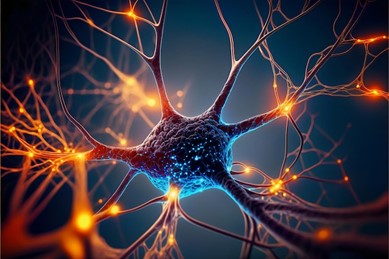05/12/23
How does the treatment generally work? Scientific studies (Kim et al., 2004; Bergqvist et al., 2005) have shown that ketosis can be achieved without fasting, using gradual initiation protocols, reducing side effects. In children, the gradual initiation of the diet is done in the hospital, preferably without initial fasting to avoid the risks of hypoglycemia. […]








